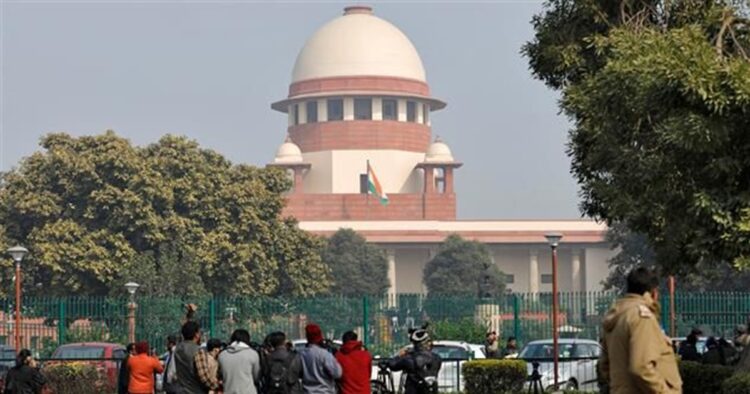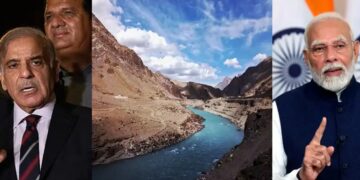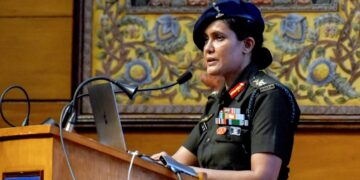In a significant development, the Supreme Court has intervened to stay the breach of privilege proceedings against several high-ranking officials from West Bengal. Among them are Bhagwati Prasad Gopalika, the chief secretary, and Rajeev Kumar, the director general of police. These proceedings stemmed from a complaint lodged by Bharatiya Janata Party (BJP) Member of Parliament Sukanta Majumdar, alleging misconduct and life-threatening injuries during a protest related to the Sandeshkhali violence.
The decision came on Monday when a bench led by Chief Justice of India DY Chandrachud took action to issue a notice on a petition filed by West Bengal’s chief secretary. This move sought urgent orders from the court, especially as the Privileges Committee of the Lok Sabha had summoned the officials to appear on the same day.
The complaint, filed by BJP MP Sukanta Majumdar, accused the West Bengal officials of misconduct and implicated them in incidents leading to life-threatening injuries during protests concerning the Sandeshkhali violence. The severity of the allegations prompted the Privileges Committee of the Lok Sabha to initiate breach of privilege proceedings against these officials.
However, the Supreme Court’s intervention in staying these proceedings signals a pause in the legal action against the West Bengal officials. This development provides the officials with temporary relief as the court deliberates on the matter.
The decision to stay the breach of privilege proceedings underscores the judiciary’s role in ensuring fair treatment and due process. By issuing a notice and intervening in the proceedings, the Supreme Court aims to thoroughly review the situation and uphold principles of justice and accountability.
This development is likely to have broader implications for the ongoing political dynamics in West Bengal, where tensions between the ruling party and opposition have been palpable. The involvement of high-ranking officials adds another layer of complexity to the already contentious situation surrounding the Sandeshkhali violence and its aftermath.
As the legal process unfolds and the Supreme Court reviews the matter, the fate of the breach of privilege proceedings against the West Bengal officials hangs in the balance. In the meantime, this decision serves as a reminder of the judiciary’s crucial role in safeguarding democratic principles and ensuring fairness in governance.

















Comments